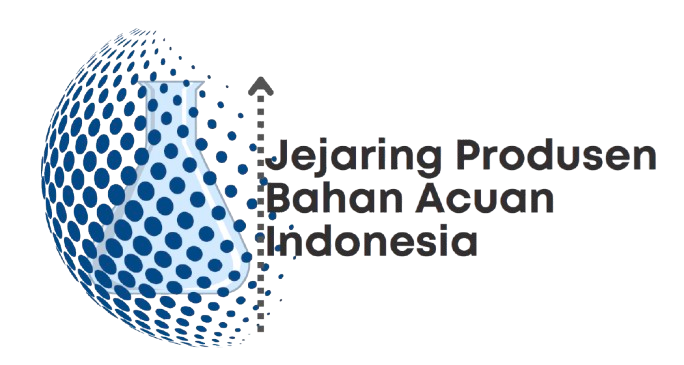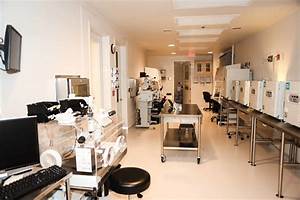The path to parenthood through assisted reproductive techniques has witnessed remarkable advancements in recent years. One of the most significant changes has been the integration of modern technology into fertility treatments. Today, an IVF Center In Bihar, like many around the world, is leveraging cutting-edge innovations to enhance success rates, deliver personalized care, and improve patient comfort.
These developments are not just revolutionizing the IVF process but are also making fertility treatments more accessible, accurate, and effective for couples facing infertility. In this article, we explore how technology is transforming IVF centers and bringing renewed hope to families.
1. Accuracy and Precision Through Advanced Diagnostic Tools
The first step in a successful IVF journey is an accurate diagnosis. Modern IVF centers are equipped with state-of-the-art diagnostic tools that provide detailed insights into reproductive health. These include:
- 3D and 4D Ultrasound Imaging: Offers high-resolution visualization of reproductive organs.
- Hormonal Assays and Genetic Screening: Detects hormonal imbalances and inherited fertility issues early.
- Advanced Semen Analysis Systems: Evaluates sperm quality, count, and motility with greater accuracy.
With these technologies, an IVF Center in Bihar can craft personalized treatment plans that address each individual’s unique fertility needs from the very start.
Also Read: Sperm Cramps Meaning In Hindi
2. Time-Lapse Embryo Imaging for Better Embryo Selection
A major breakthrough in embryo monitoring is the use of Time-Lapse Imaging. Traditionally, embryologists had to remove embryos from incubators for observation, disrupting their environment. Now, time-lapse systems allow for continuous, real-time monitoring without interference.
This advanced system helps:
- Select the healthiest embryos
- Detect developmental anomalies early
- Improve implantation rates
Many IVF Centers in Bihar are adopting this technology to enhance treatment transparency and increase pregnancy success rates.
Also Read: Embryo Meaning In Hindi
3. Artificial Intelligence (AI) in Embryo Grading
AI is revolutionizing how embryos are evaluated. Previously, embryologists graded embryos through visual inspection, a method subject to human interpretation. Today, AI-powered systems analyze thousands of data points from embryo images to predict the best candidates for implantation.
Benefits of AI in IVF:
- Enhanced accuracy in embryo selection
- Reduction in human bias
- Improved clinical outcomes
Leading IVF Centers in Bihar are integrating AI into their labs to make informed, data-driven decisions that improve success rates.
4. Preimplantation Genetic Testing (PGT)
Many IVF failures are linked to genetic abnormalities. Preimplantation Genetic Testing (PGT) helps identify these issues before embryo transfer. There are three primary types of PGT:
- PGT-A (Aneuploidy): Checks for abnormal chromosome numbers
- PGT-M (Monogenic): Screens for inherited genetic disorders
- PGT-SR (Structural Rearrangements): Detects structural chromosome issues
An IVF Center in Bihar offering PGT can significantly reduce the risk of miscarriage or genetic disease, improving the chances of a healthy pregnancy and baby.
5. Cryopreservation and Vitrification
Cryopreservation has advanced with the development of vitrification, a rapid-freezing method that prevents ice crystals from damaging eggs, sperm, and embryos.
Advantages include:
- Higher survival rates of frozen embryos and eggs
- Flexible scheduling of embryo transfers
- Fertility preservation before medical treatments like chemotherapy
Couples undergoing treatment at an IVF Center in Bihar often use cryopreservation to plan for future pregnancies using stored embryos.
6. Minimally Invasive Surgical Techniques
In cases where physical conditions such as fibroids, endometriosis, or blocked fallopian tubes affect fertility, surgery may be required. Modern laparoscopic and hysteroscopic procedures are minimally invasive, offering:
- Faster recovery times
- Lower infection risk
- Better fertility outcomes
Advanced IVF Centers in Bihar combine fertility treatment with surgical expertise, streamlining the process for optimal results.
7. Mobile Apps and Telehealth Integration
Digital technology is making IVF more accessible. Many IVF centers now offer:
- Teleconsultations for evaluations and follow-ups
- Mobile apps for cycle tracking, medication reminders, and direct communication
- Digital medical records for seamless access to treatment history
This is especially beneficial for couples in remote or rural parts of Bihar. A tech-enabled IVF Center in Bihar ensures continued care and convenience, regardless of location.
Also Read: Uterus Meaning In Hindi
8. Personalized Medicine and Data-Driven Treatment
The future of IVF lies in personalized medicine, which tailors treatments based on individual genetic and biological profiles.
Personalized IVF tools include:
- Pharmacogenomics: Understands how a patient’s genes affect drug responses
- Immune Profiling: Identifies immune factors that may hinder implantation
- Endometrial Receptivity Analysis (ERA): Determines the optimal time for embryo transfer
With these insights, an IVF Center in Bihar can significantly increase the chances of success while avoiding unnecessary procedures.
Conclusion
Modern technology is transforming IVF centers from conventional treatment hubs into high-tech fertility innovation centers. From accurate diagnostics to AI-based embryo grading, minimally invasive surgeries, and personalized medicine, these advancements are reshaping the fertility landscape.
For couples in Bihar, choosing an IVF Center in Bihar that embraces these technologies ensures top-tier care, improved success rates, and a more compassionate, informed experience. As innovations continue to evolve, the future of IVF looks brighter, more efficient, and more hopeful than ever.
With the right medical guidance and advanced tools, turning the dream of parenthood into reality is now within closer reach for countless families.

